The Games Presidents Play provides a new way to view the American presidency. Looking at the athletic strengths, feats, and shortcomings of our presidents, John Sayle Watterson explores not only their health, physical attributes, personalities, and sports IQs, but also the increasing trend of Americans in the past century to equate sporting achievements with courage, manliness, and political competence.
The author of College Football begins with George Washington, whose athleticism contributed to his success on the battlefield and may well have contributed to the birth of the republic. He moves seamlessly into the nineteenth century when, for presidents like Jackson, Lincoln, and Cleveland, frontier sports were part of their formative years.
With the twentieth century presidents most notably the hyperactive and headline-grabbing Theodore Roosevelt Watterson shows how the growth of mass media and the improved means of transportation transformed presidential sports into both a form of recreation and a means of establishing a positive self image.
Modern presidents have used sports with varying degrees of success. Herbert Hoover fled Washington on weekends to the trout pools of Camp Rapidan in the Blue Ridge to escape relentless pressures and public criticism during the Great Depression. Franklin Roosevelt demonstrated remarkable physical endurance in his campaign to restore his ravaged body from polio.
An obsessive love affair with golf became an issue for Dwight Eisenhower in his campaign for reelection in 1956. Richard Nixon, a former third-string college football lineman, placed calls to Coach George Allen of the Washington Redskins, once suggesting a trick play in a big game.

![On Higher Education: Selected Writings, 1956–2006 [Hardcover]](https://booksandbook.com/wp-content/uploads/2023/11/On-Higher-Education-Selected-Writings-1956–2006-Hardcover-600x600.png)
![Odes for Victorious Athletes (Johns Hopkins New Translations from Antiquity) [Paperback]](https://booksandbook.com/wp-content/uploads/2023/11/Odes-for-Victorious-Athletes-Johns-Hopkins-New-Translations-from-Antiquity-Paperback-600x600.png)
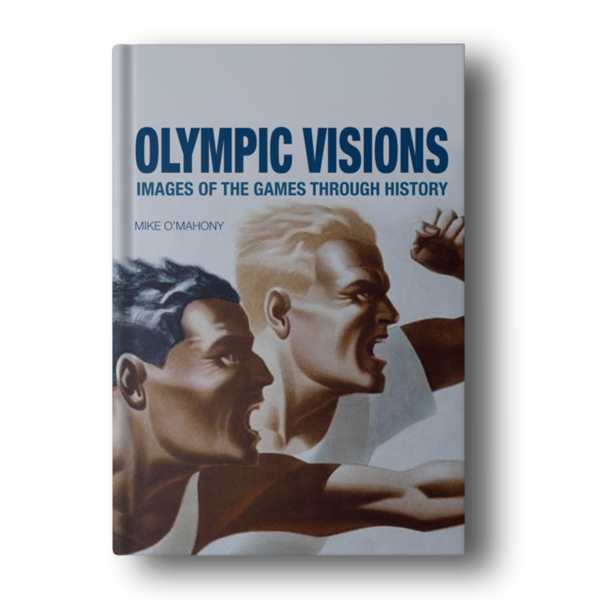


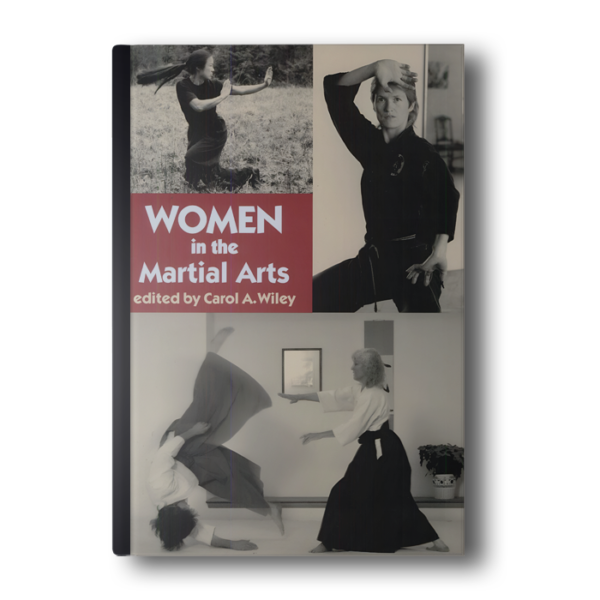
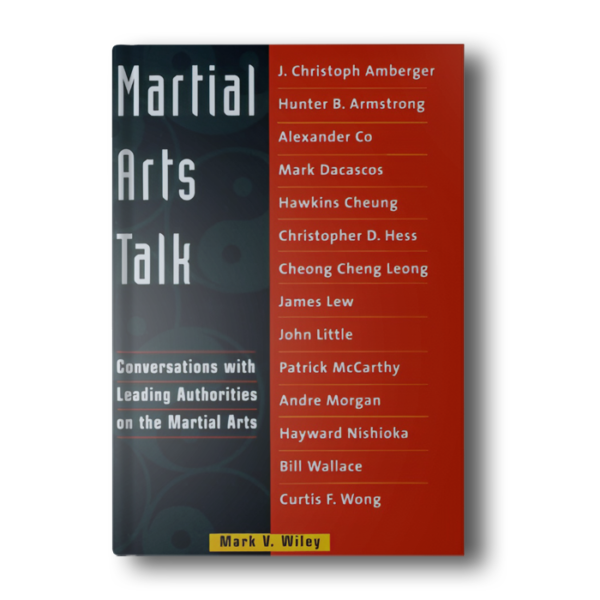

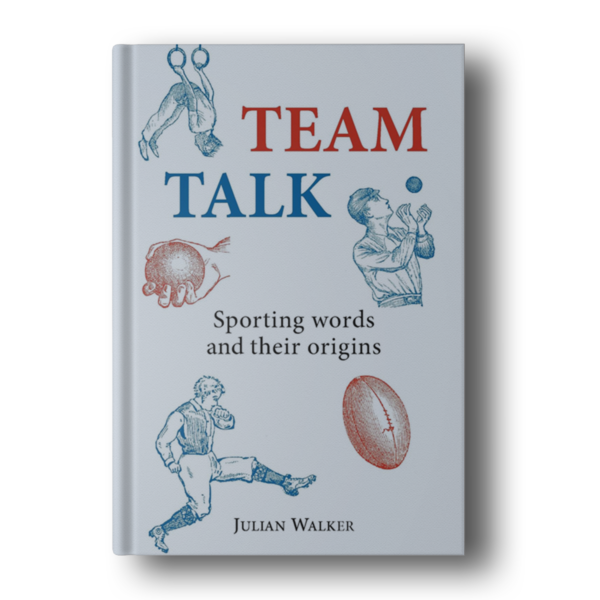

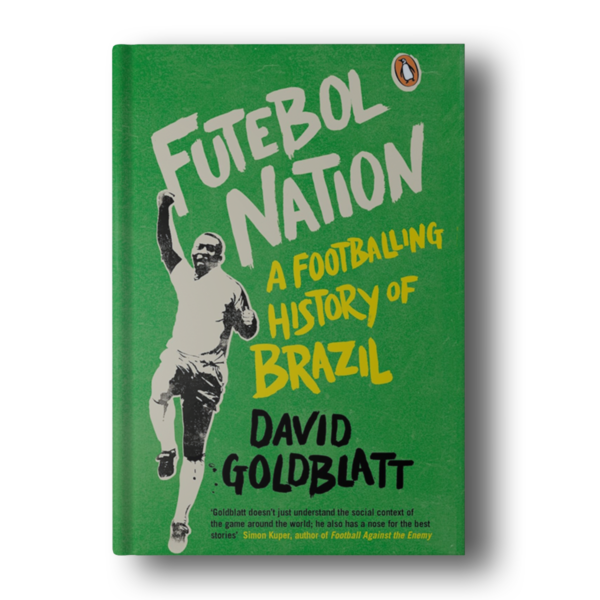

Reviews
There are no reviews yet.